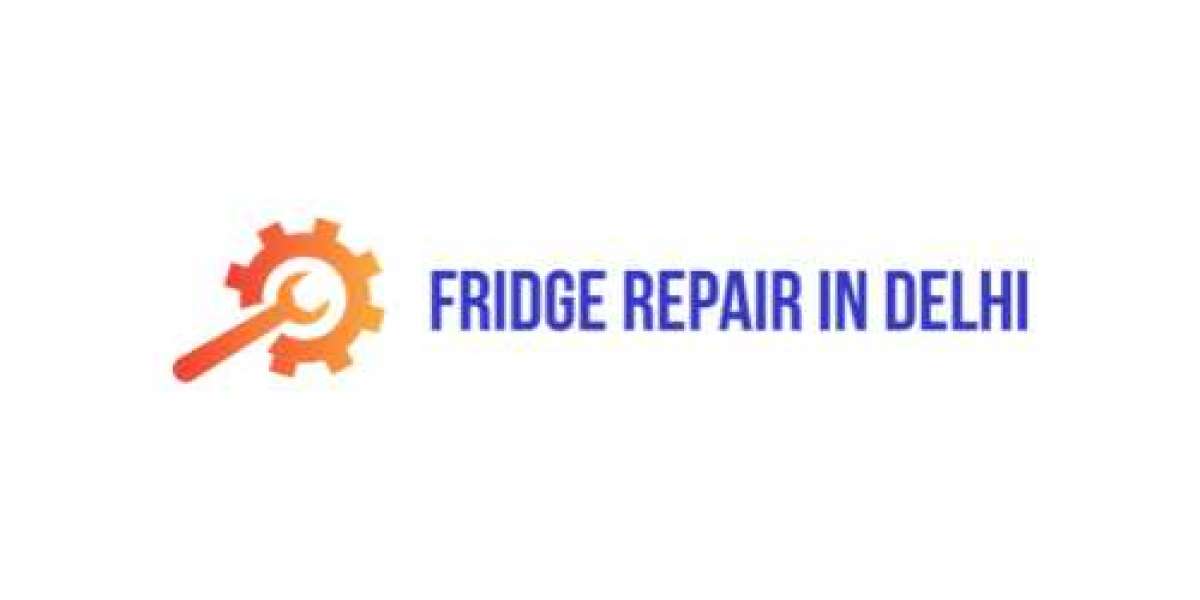Introduction
In today's fast-paced world, home appliances play a crucial role in our daily lives, simplifying tasks and enhancing convenience. However, when these appliances malfunction, it can disrupt our routines and cause inconvenience. Knowing how to fix common appliance issues can save both time and money. In this comprehensive guide, we'll explore step-by-step solutions to troubleshoot and repair various home appliances, empowering you to tackle these challenges with confidence.
Identifying the Problem
Before diving into repairs, it's essential to accurately identify the issue with your appliance. Here's how to diagnose common problems:
Checking for Power Supply
Ensure that the appliance is properly plugged in and that the power source is functioning correctly. Sometimes, a tripped circuit breaker or a blown fuse may be the culprit.
Assessing Mechanical Components
Inspect the appliance for any visible signs of damage or wear and tear on mechanical parts such as belts, motors, or pulleys.
Testing Electronic Systems
For appliances with electronic components, such as refrigerators or washing machines, check for error codes or malfunctioning digital displays.
Tools and Materials
Having the right tools and materials is essential for a successful appliance repair. Here's what you'll need:
Essential Tools
- Screwdrivers (Phillips and flathead)
- Pliers
- Adjustable wrench
- Multimeter
- Nut drivers
Common Materials
- Replacement parts (if needed)
- Cleaning supplies (such as degreaser or vinegar)
- Lubricants (for moving parts)
- Safety gloves and goggles
How to Fix Home Appliances
Now, let's delve into specific troubleshooting and repair techniques for common household appliances:
Refrigerator
From a faulty thermostat to a malfunctioning compressor, refrigerators can encounter various issues. Here's how to address them:
Defrosting Problems
If your refrigerator isn't cooling properly, it could be due to frost buildup in the freezer. Try manually defrosting the unit and ensuring proper airflow.
Noisy Operation
Unusual noises coming from the refrigerator may indicate issues with the condenser fan or evaporator fan motor. Inspect and replace these components if necessary.
Leaking Water
A leaking refrigerator could be caused by a clogged or frozen defrost drain. Clear any obstructions and ensure proper drainage.
Washing Machine
From leaks to drainage problems, washing machines can present several challenges. Here's how to troubleshoot common issues:
Washer Won't Drain
If your washing machine isn't draining properly, check for clogs in the drain hose or pump. Additionally, inspect the lid switch for any defects.
Unusual Vibrations
Excessive vibrations during the wash cycle may indicate an imbalance or worn-out shock absorbers. How to fix home appliances Adjust the machine's leveling feet and replace damaged shocks.
Musty Odors
To eliminate musty odors, run a cleaning cycle with hot water and vinegar. Additionally, leave the door or lid open between washes to allow for ventilation.
Oven/Stove
Whether it's a gas or electric appliance, ovens and stoves can encounter issues like uneven heating or ignition problems. Here's how to troubleshoot:
Uneven Heating
If your oven cooks food unevenly, it could be due to a faulty heating element or temperature sensor. Test these components and replace if necessary.
Gas Smell
If you detect the smell of gas near your stove, it's essential to act quickly. Turn off the gas supply, ventilate the area, and inspect for leaks in the gas line or connections.
Ignition Issues
For gas stoves, a malfunctioning igniter or spark module could prevent the burners from lighting. Clean the igniter or replace it if it's damaged.
FAQs (Frequently Asked Questions)
How can I prevent appliance breakdowns? Regular maintenance, such as cleaning and lubricating moving parts, can help prevent breakdowns.
Is it safe to repair appliances myself? For minor issues like cleaning filters or replacing small parts, DIY repairs can be safe. However, for complex issues involving electrical components or gas lines, it's best to seek professional help.
What should I do if I can't diagnose the problem? If you're unsure about the issue or uncomfortable with DIY repairs, contact a certified technician for assistance.
Can I use generic replacement parts for repairs? While generic parts may be cheaper, it's advisable to use manufacturer-approved replacements to ensure compatibility and quality.
How often should I perform maintenance on my appliances? Regular maintenance should be performed according to the manufacturer's recommendations. This often includes tasks such as cleaning filters, checking for leaks, and inspecting electrical connections.
Are there any safety precautions I should take during appliance repairs? Always disconnect the appliance from the power source before attempting any repairs, and wear appropriate safety gear such as gloves and goggles.
Conclusion
By understanding how to troubleshoot and repair common household appliances, you can save time, money, and frustration. Remember to approach repairs methodically, prioritize safety, and don't hesitate to seek professional help if needed. With the knowledge gained from this guide, you'll be better equipped to tackle appliance issues with confidence and efficiency.









